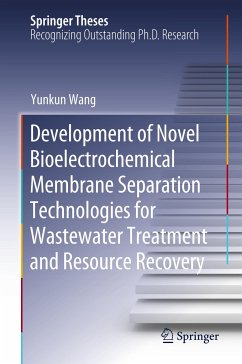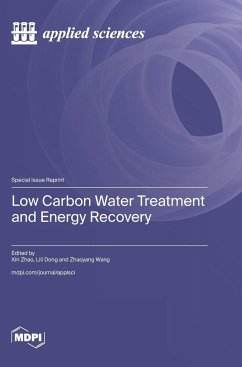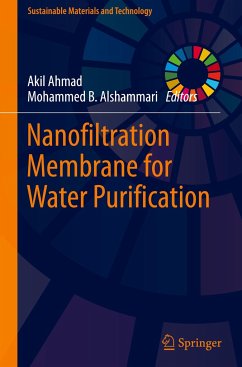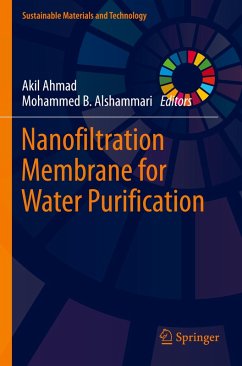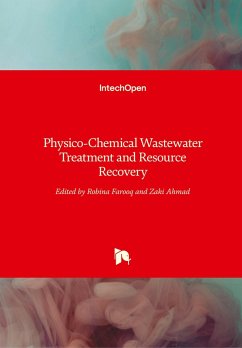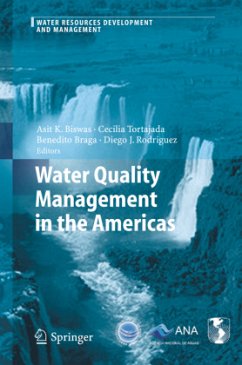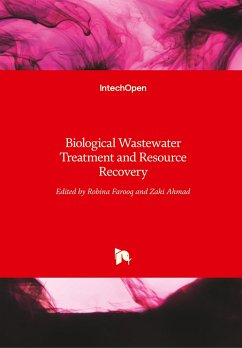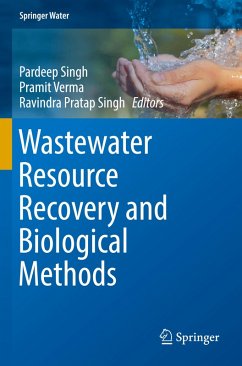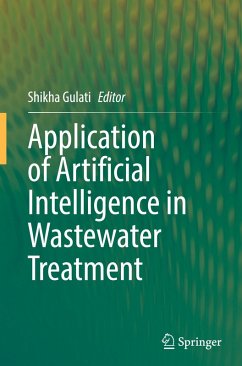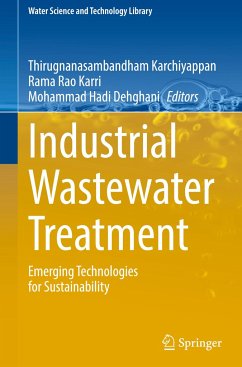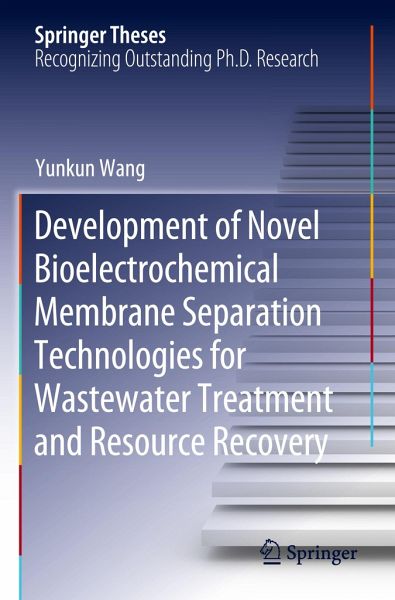
Development of Novel Bioelectrochemical Membrane Separation Technologies for Wastewater Treatment and Resource Recovery
Versandkostenfrei!
Versandfertig in 6-10 Tagen
76,99 €
inkl. MwSt.
Weitere Ausgaben:

PAYBACK Punkte
38 °P sammeln!
The most commonly used biological wastewater treatment technologies still have serious technical-economical and sustainability-related limitations, due to their high energy requirements, poor effluent quality, and lack of energy and resource recovery processes. In this thesis, novel electrochemical membrane bioreactors (EMBRs), which take advantage of membrane separation and bioelectrochemical techniques, are developed for wastewater treatment and the simultaneous recovery of energy and resources. Above all, this innovative system holds great promise for the e cient wastewater treatment and en...
The most commonly used biological wastewater treatment technologies still have serious technical-economical and sustainability-related limitations, due to their high energy requirements, poor effluent quality, and lack of energy and resource recovery processes. In this thesis, novel electrochemical membrane bioreactors (EMBRs), which take advantage of membrane separation and bioelectrochemical techniques, are developed for wastewater treatment and the simultaneous recovery of energy and resources. Above all, this innovative system holds great promise for the e cient wastewater treatment and energy recovery. It can potentially recover net energy from wastewater while at the same time harvesting high-quality effluent. The book also provides a proof-of-concept study showing that electrochemical control might offer a promising in-situ means of suppressing membrane fouling. Lastly, by integrating electrodialysis into EMBRs, phosphate separation and recovery are achieved. Hence, these new EMBR techniques provide viable alternatives for sustainable wastewater treatment and resource recovery.





